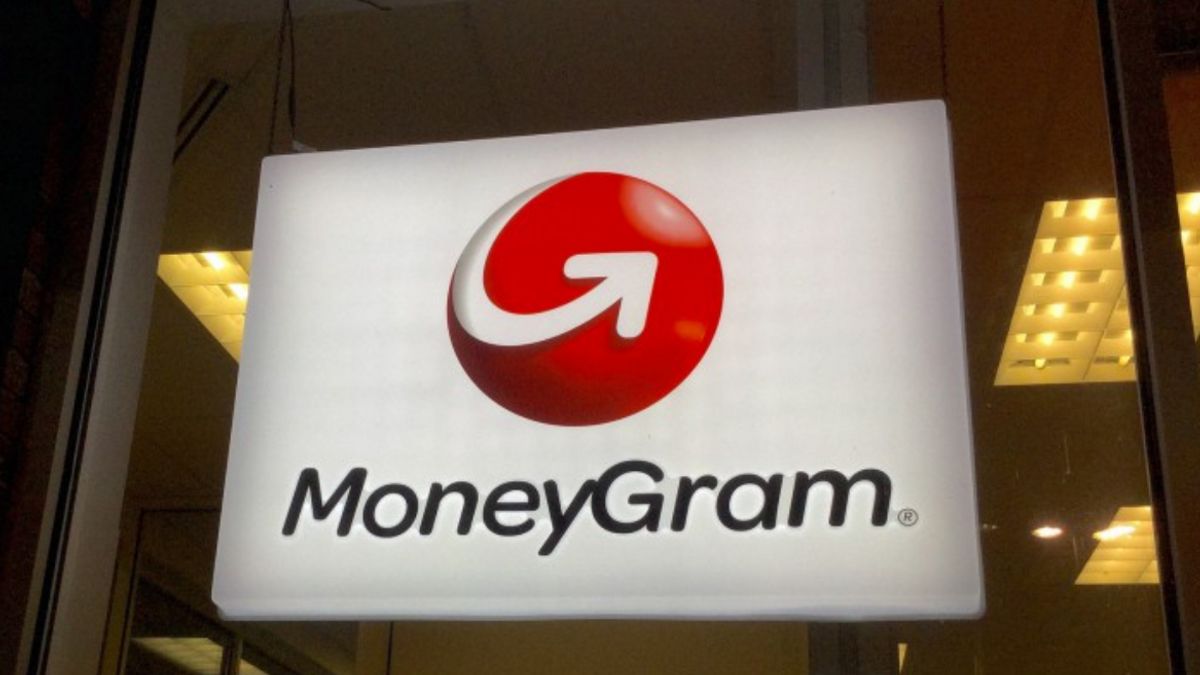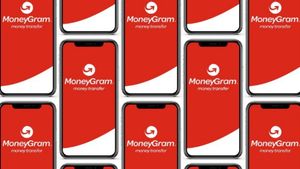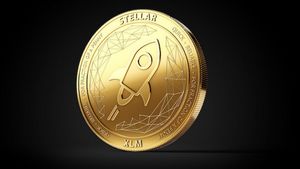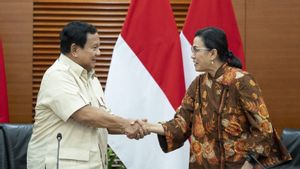JAKARTA - MoneyGram International, a leading international payment company, recently announced its plans to launch a non-custodial wallet. The move is claimed to be more efficient for new users in managing their funds and also aims to reduce transaction costs.
Sebagai informasi tambahan, dompet non-kustodian juga dikenal sebagai "dompet mandiri" atau "self-custody wallet," adalah jenis dompet kripto yang memberikan pengguna pengendali pendalian pengendalian atas kepemilikan dan pengamanan mata uang kripto mereka.
In the context of crypto, "custodies" refer to third parties responsible for storing and managing user cryptocurrencies. In contrast, non-custodian wallets allow users to manage their own cryptocurrencies without having to rely on third parties.
In this plan, MoneyGram will allow the exchange of funds between fiat currencies and USDC stablecoins, whose value is tied to the US dollar. MoneyGram CEO Alex Holmes explained that this is a strategic step in utilizing blockchain technology to facilitate cross-border remittances.
Interestingly, MoneyGram will not force users to adopt cryptocurrencies, but rather give them the option to store funds in USDC in non-custodian wallets. In this way, users have complete control over their funds and can convert them into fiat currency when needed.
SEE ALSO:
In the current MoneyGram system, users must send funds directly to their destination and do not have the option to save funds in fiat currency. With this non-custodian wallet, users can decide when and how they want to use their funds, whether in the form of fiat currency or USDC.
It should be noted that MoneyGram wallets will be different from other crypto wallets, and are only compatible with the MoneyGram ecosystem itself, so they won't be able to interact with other cryptocurrencies in the market. While this limits its functionality, it also helps MoneyGram comply with applicable regulations.
In addition to giving users more control, the use of USDC is also expected to reduce the cross-border transaction costs usually charged by MoneyGram, which is currently around 3%. MoneyGram hopes to reduce this cost to less than 1%, in accordance with common practices in digital transactions.
CEO Alex Holmes also noted that initially the wallet would be available in 40 countries supporting digital customer verification. MoneyGram has a vision to become a "global ATM concept using blockchain," which would change the way people send money between fiat currencies.
Last month, inter-state payment platform Stellar also announced its investment in MoneyGram, with the aim of supporting blockchain technology development and facilitating easier fund management for users.
The English, Chinese, Japanese, Arabic, and French versions are automatically generated by the AI. So there may still be inaccuracies in translating, please always see Indonesian as our main language. (system supported by DigitalSiber.id)
















